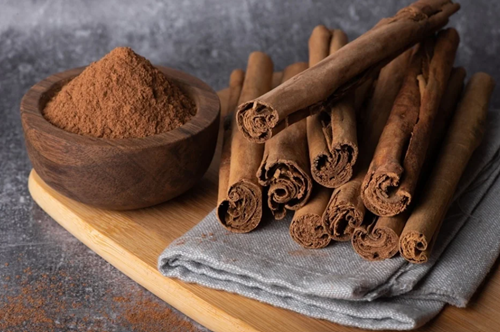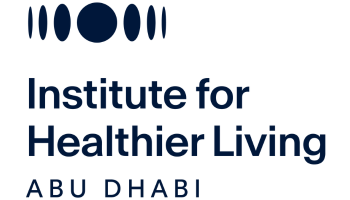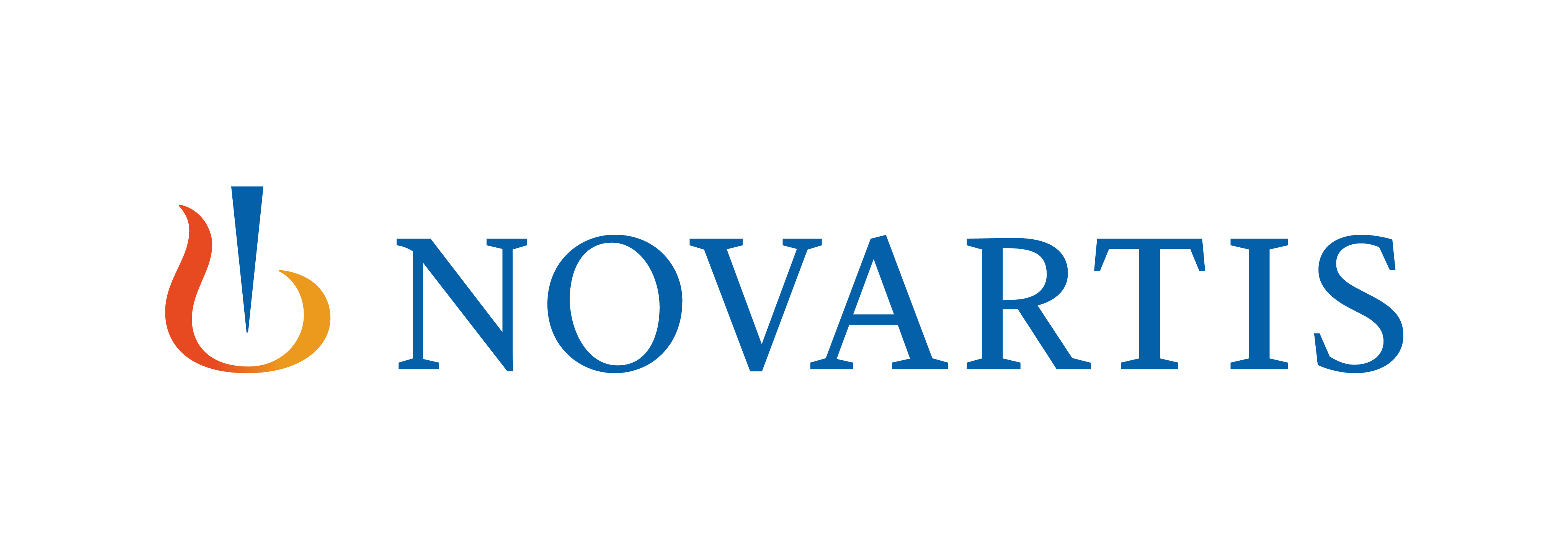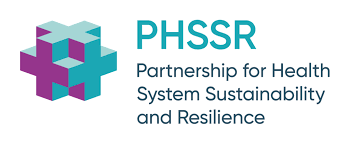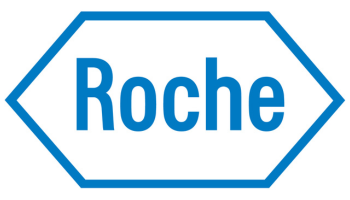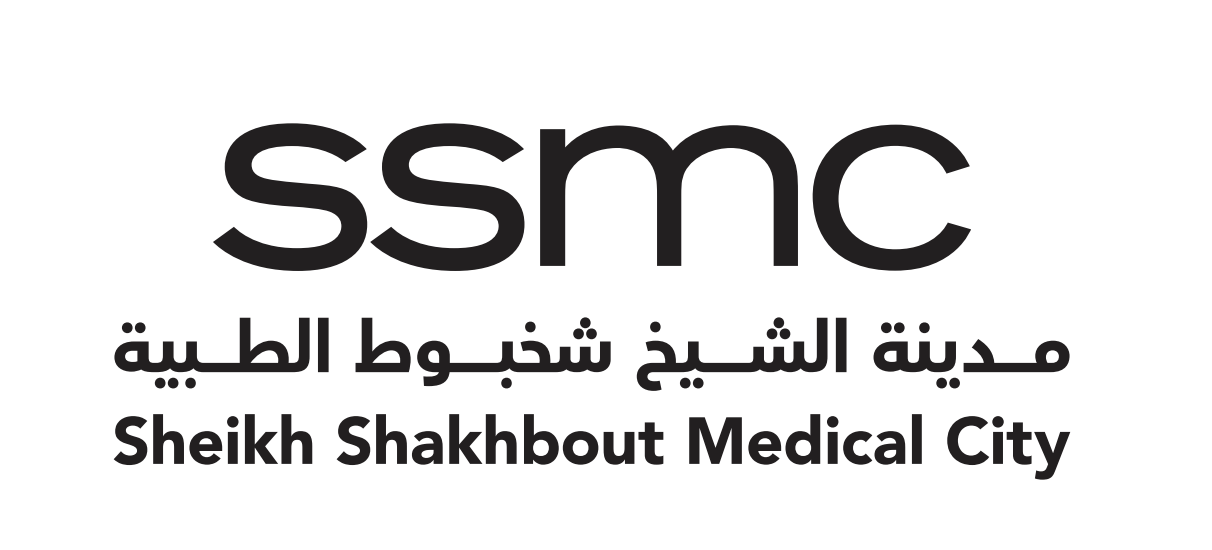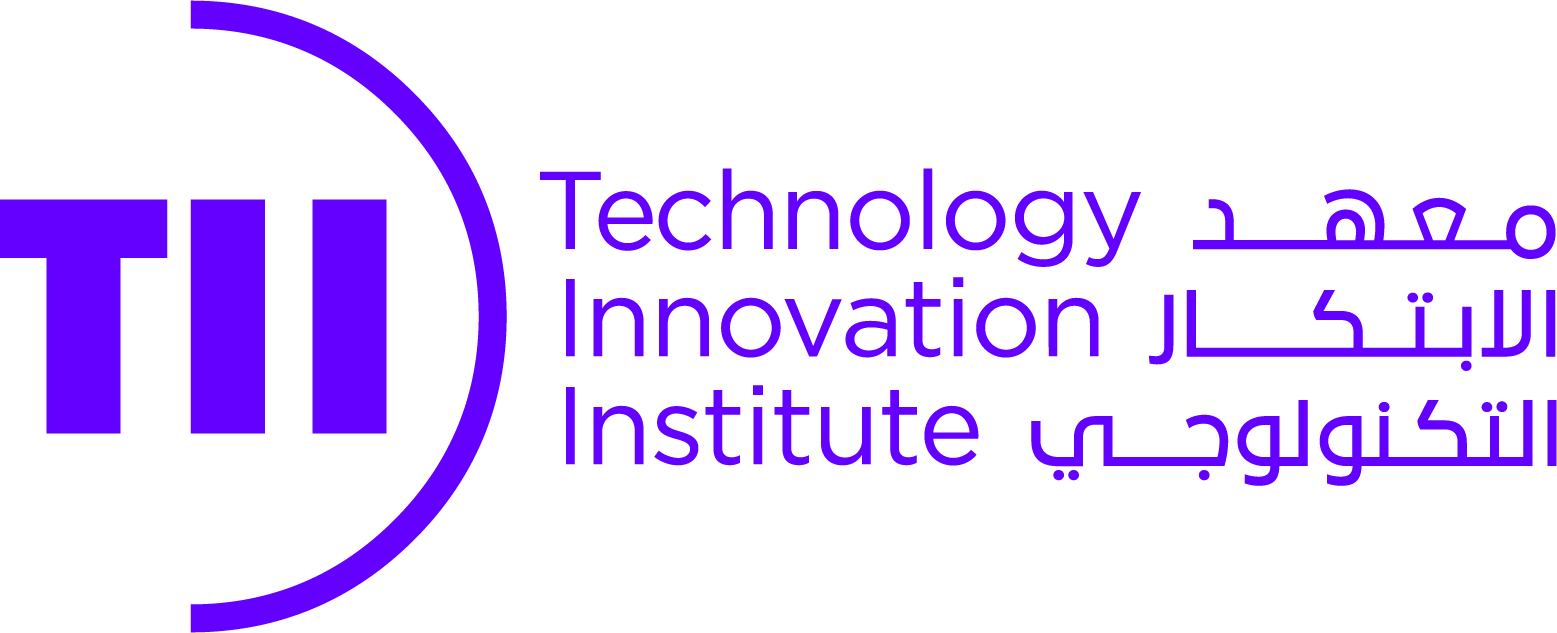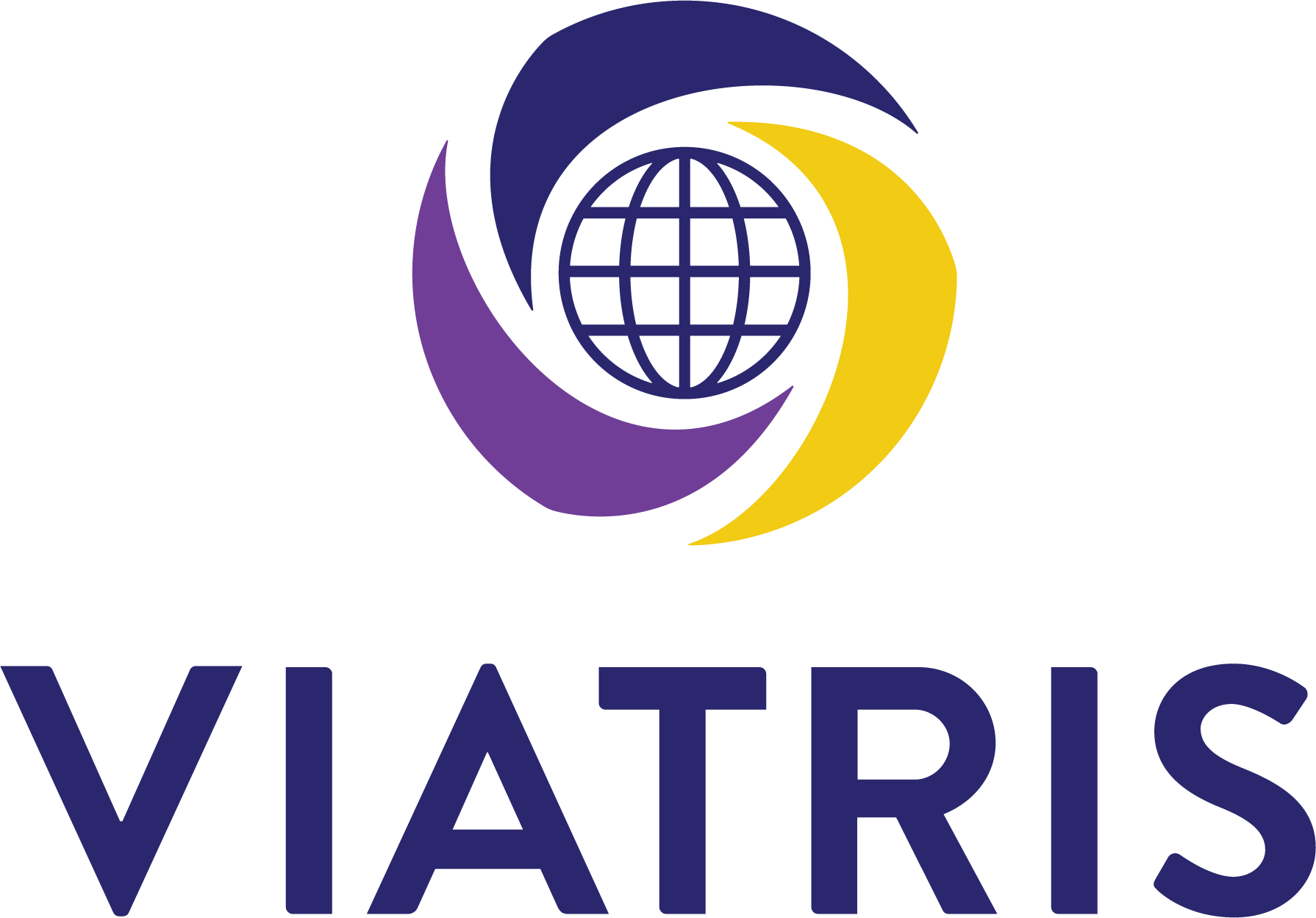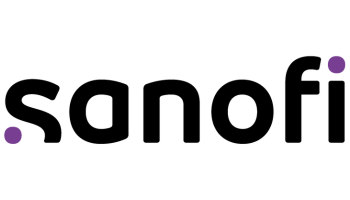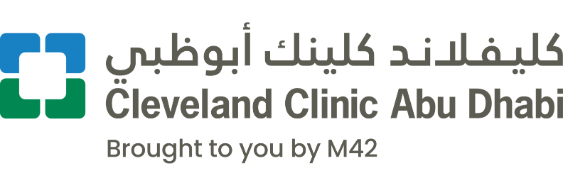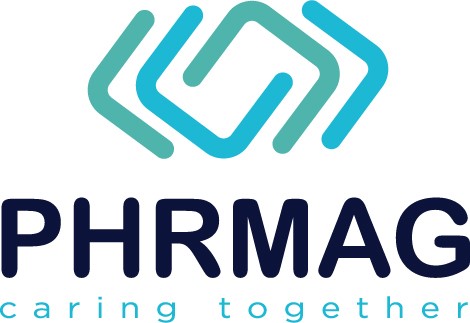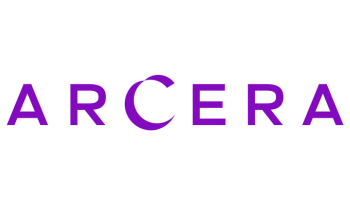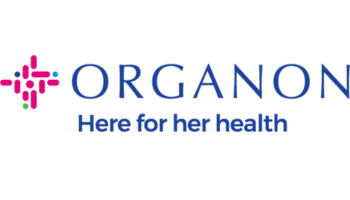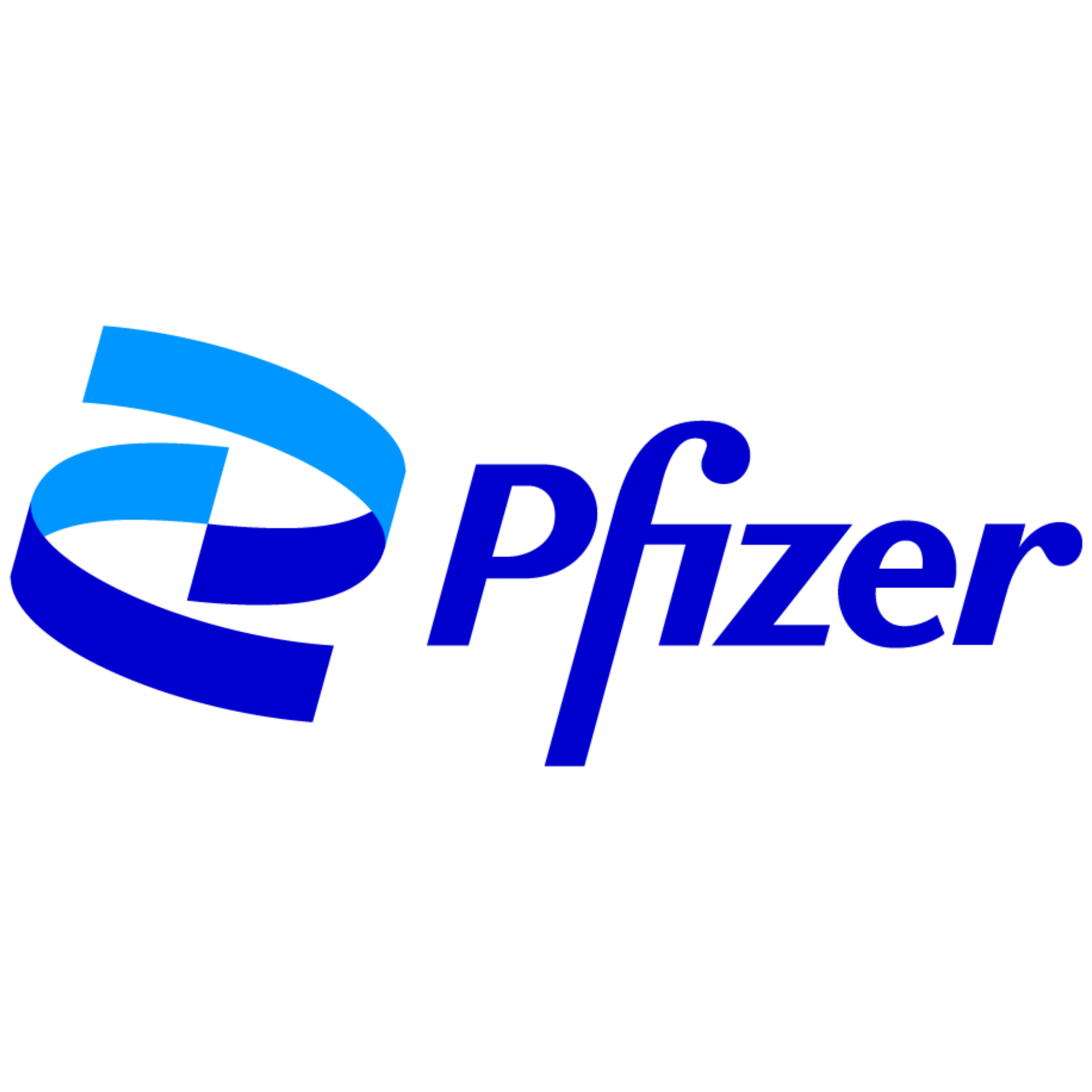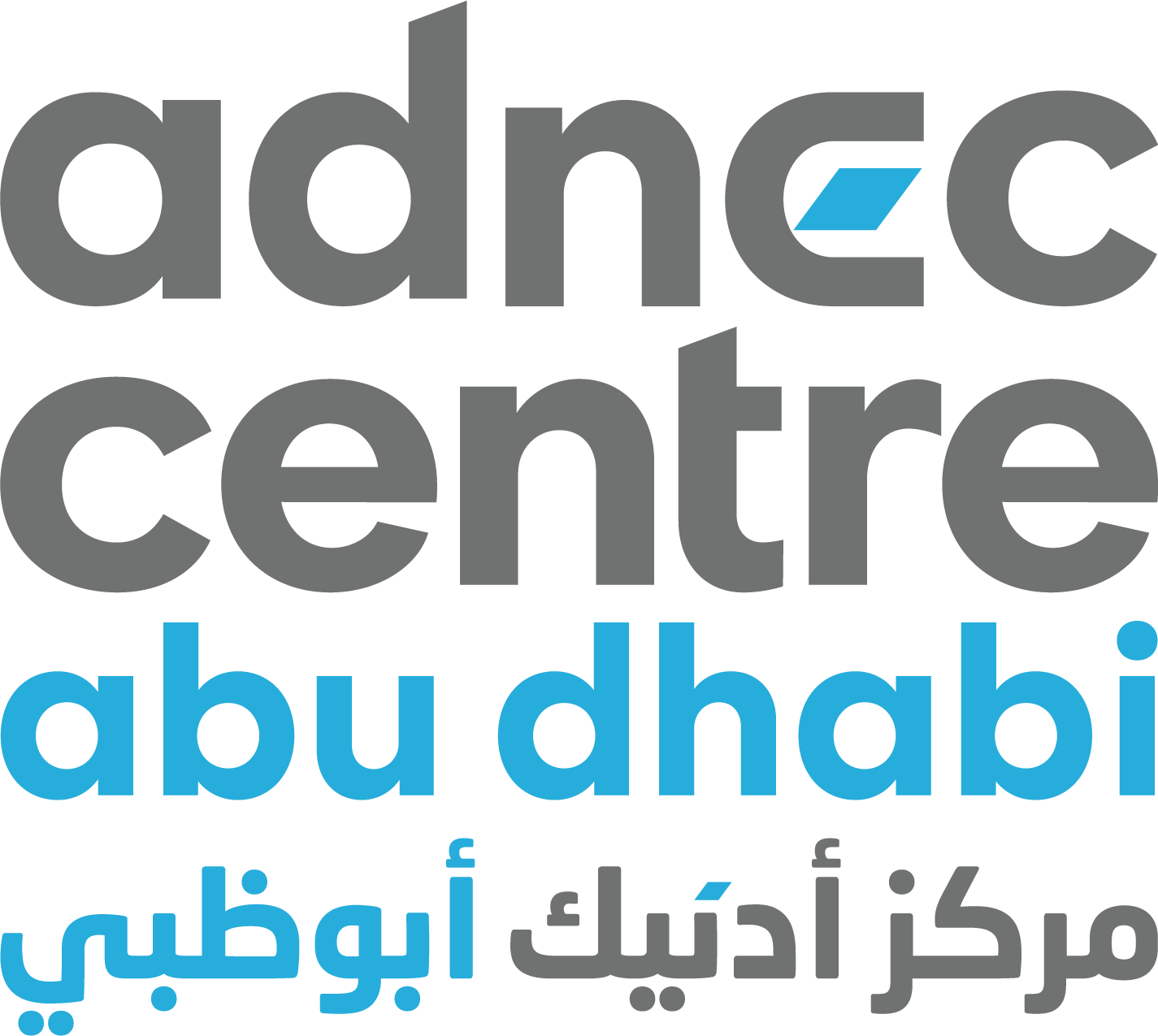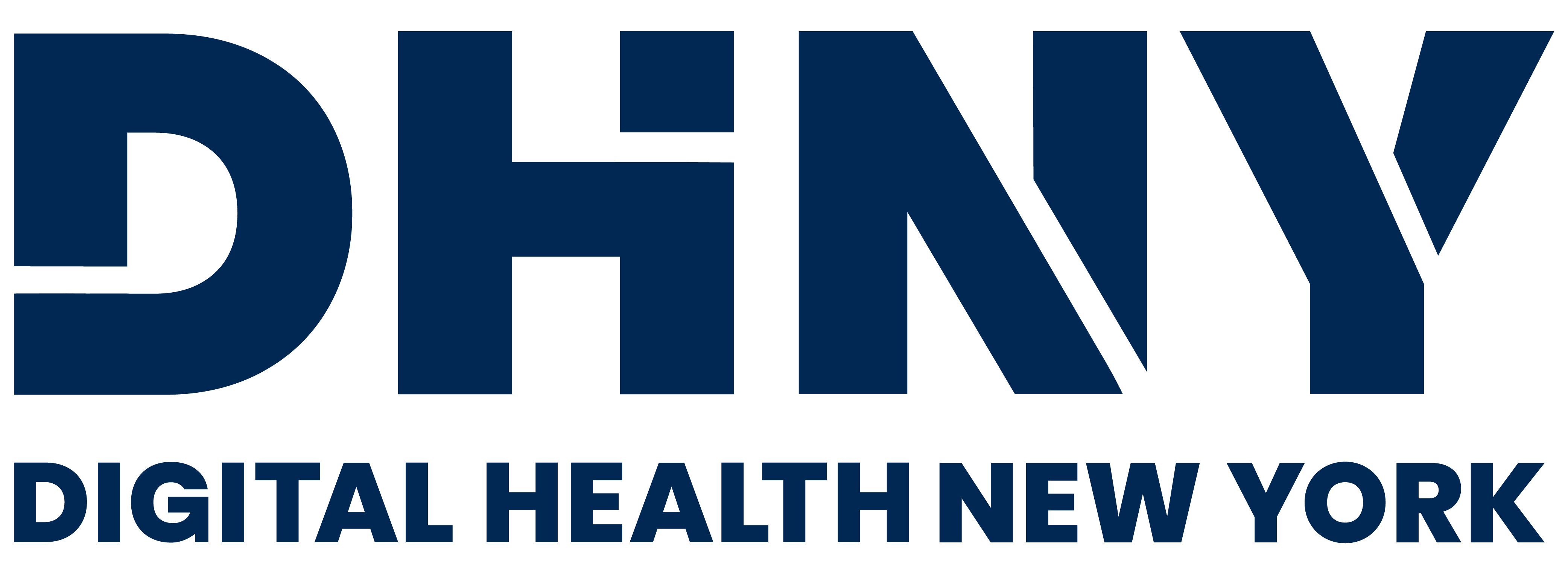تحت رعاية سموّ الشيخ خالد بن محمد بن زايد آل نهيان، ولي عهد أبوظبي رئيس المجلس التنفيذي لإمارة أبوظبي
Under the Patronage of His Highness Sheikh Khaled bin Mohamed bin Zayed Al Nahyan, Crown Prince of Abu Dhabi and Chairman of Abu Dhabi Executive Council
Breakthrough in diabetes management: Cold water exercise and cinnamon shows promising results
By Dr. Priyom Bose, Ph.D.Jan 12 2024 Reviewed by Lily Ramsey, LLM
Diabetes has emerged as one of the leading causes of mortality in developing countries. Physical activity and the consumption of herbal supplements have been seen to prevent and improve diabetes.
A recent Nutrition and Diabetes study used diabetic rats to explore the effects of swimming and cinnamon supplementation on TBC1D1 (TBC1 domain family member 1), HbA1C (Hemoglobin A1c) levels, and TBC1D4 (TBC1 Domain Family Member 4).
Study: Effects of swimming training in hot and cold temperatures combined with cinnamon supplementation on HbA1C levels, TBC1D1, and TBC1D4 in diabetic rats. Image Credit: Annmell_sun/Shutterstock.com
Background
Recent research has shown that resistance training could improve insulin resistance and reduce glucose levels in people with diabetes.
It could also lead to higher levels of meteorin-like protein (MTRNL), which facilitates the movement and transportation of GLUT4, thereby contributing to the treatment of insulin resistance.
TBC1D4 and TBC1D1 are half identical and contain two PTB (Phosphotyrosine-binding) domains, a GAP (GTPase-activating Proteins) domain, and a CBD (Calmodulin-binding Domain) domain.
Specific upstream kinases regulate them differently while responding to different stimuli, such as muscle contraction and AMPK (AMP-activated protein kinase).
Cinnamon supplementation and cold water immersion can regulate glucose transport. The former inhibits protein tyrosine phosphatase and stimulates insulin receptor autophosphorylation, while the latter has been seen to enhance glucose tolerance and insulin sensitivity in mice on high-fat diets.
About the study
Motivated by these findings, the present study evaluated the impact of eight weeks of swimming in cold water and simultaneous cinnamon supplementation on TBC1D1, HbA1C levels, and TBC1D4 in diabetic rats.
For this study, rats aged 8 to 10 weeks were selected and kept under standard conditions, i.e., equal duration of darkness and light, 55% humidity, and a temperature between 22 and 24°C.
The rats were divided into seven groups of 13 each, i.e., a healthy control (HC), cold water swimming exercise (S5), warm water swimming exercise (S35), cold water swimming exercise with cinnamon extract supplementation (S5+Ci), warm water swimming exercise with cinnamon supplementation (S35+Ci), diabetic control (DC), and cinnamon supplementation (Ci).
Key findings
Exercise in warm water (35°C) and diabetes raised TBC1D1 and TBC1D4 relative to the HC. This is also the first study to demonstrate that cinnamon supplementation and swimming in cold water (5°C) reduced the levels of TBC1D4 and TBC1D1.
Additionally, swimming in cold water combined with cinnamon intake lowered the blood glucose level in diabetic rats.
Thus far, the effect of warm and cold water on the levels of TBC1D1 and TBC1D4 has not been documented. Here, cold adaptation mitigated insulin sensitivity and glucose tolerance in rats on a high-fat diet.
Research on the long-term effects of TBC1D4 documented that the phosphorylation levels of TBC1D1 and TBC1D4 are enhanced or remain the same post-training.
Overall, it was noted that exercise augments TBC1D1 and TBC1D4 levels in insulin-stimulated muscles. This phenomenon, coupled with other benefits of training, leads to better insulin sensitivity.
A significant decrease in HbA1c was observed in the S5 and S5+Ci groups relative to the others. The rate of HbA1c was also seen to rise with water temperature.
Consistent with the findings documented here, other studies have also documented a marked reduction in HbA1c, post-training, in type 2 diabetes patients and healthy individuals.
For HbA1c, high-intensity resistance training has been seen to be more effective than low-to-moderate-intensity exercise.
The current study does not identify the mechanisms that lead to a lowering in TBC1D1 and TBC1D4 after consuming cinnamon alone or in different water temperatures. However, research is divided with respect to HbA1c.
While some researchers have found the level of HbA1c unaltered in patients taking cinnamon supplements, others have shown that daily intake of cinnamon could significantly reduce HbA1c levels.
Conclusions
The present study explored the effects of 8 weeks of swimming training and cinnamon supplementation on TBC1D1 (TBC1 domain family member 1), HbA1C (Hemoglobin A1c) levels, and TBC1D4 (TBC1 Domain Family Member 4).
In the sub-group of rats that swam in cold water and were given cinnamon supplements, a significant reduction in TBC1D1 and TBC1D4 was noted compared to other groups. Additionally, the rats swam in cold water reported a marked decrease in HbA1c levels.
Overall, the results imply that training in a cold environment could enhance insulin sensitivity and the levels of HbA1c.
Therefore, to improve glucose indices, a better alternative to traditional approaches could be cinnamon consumption and swimming in cold water.
-
Tayebi, S. M. et al. (2024) Effects of swimming training in hot and cold temperatures combined with cinnamon supplementation on HbA1C levels, TBC1D1, and TBC1D4 in diabetic rats. Nutrition & Diabetes. 14(1), pp. 1-5. doi: https://doi.org/10.1038/s41387-023-00256-0. https://www.nature.com/articles/s41387-023-00256-0
Source: News Medical Life Sciences


